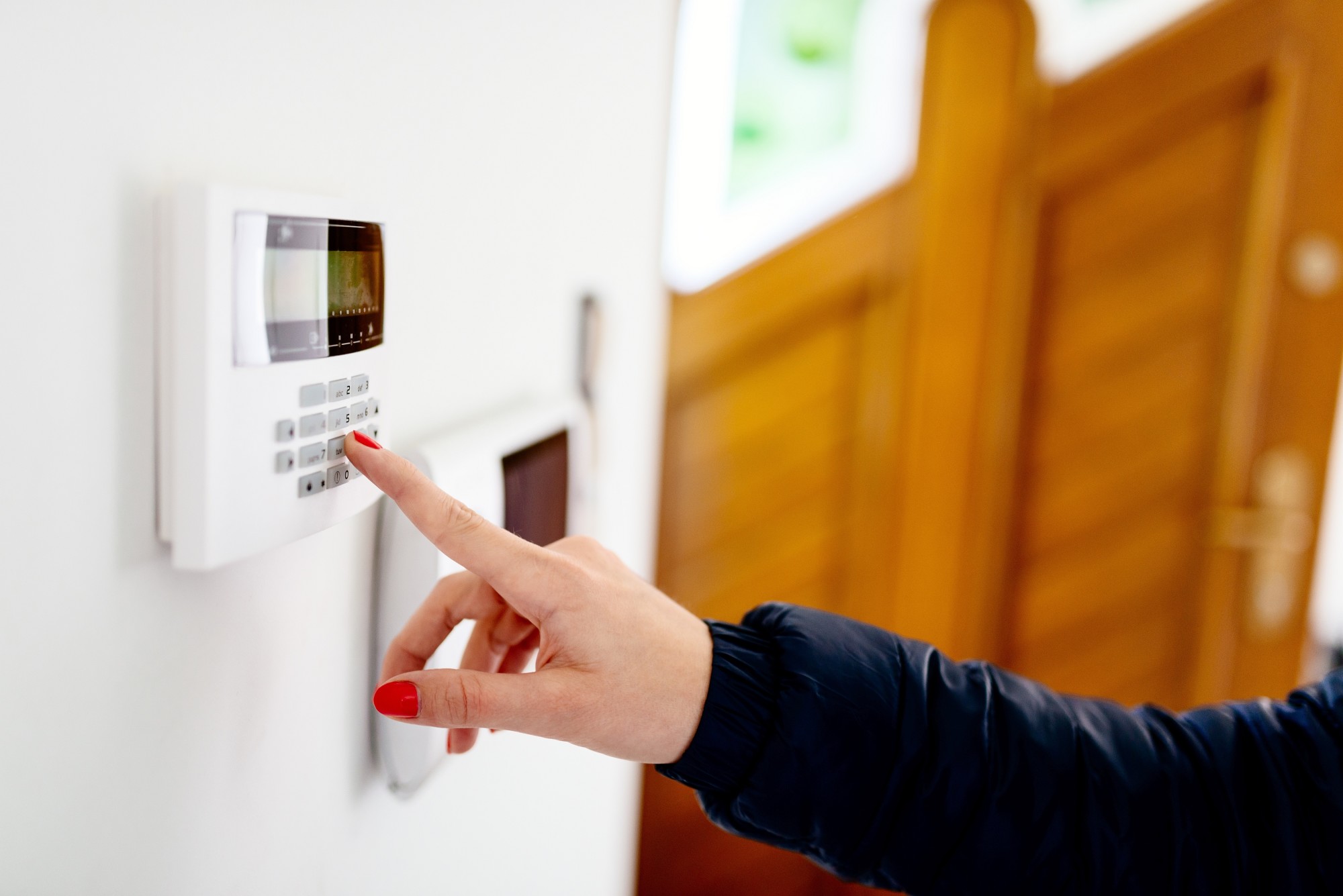Ring, Ring, Who’s There? The Best Phone Systems for Small Business

In 2016 there were 5.6 million businesses in the U.S. according to the Small Business and Entrepreneur Council. More than 99.7% of them have fewer than 500 employees, technically making them “small businesses.” Slicing the numbers even finer shows that 89% of those firms had fewer than 20 employees.
That sort of a gap in employee numbers makes it really hard to determine what the best phone systems for small business are. What is right for a start-up may no longer work for a company rapidly growing, and soon to be reclassified as large.
Choosing a Phone System
If you’ve been tasked with finding a new system for your small business, those numbers will give you a rough starting point for determining what will work best for you. When shopping for a phone system you should be aware that you have three different types of systems to choose from.
Multi-line Systems
Multi-line phone systems are designed to allow more than one person to be on the phone at the same time. Even as your business grows, it may make more sense to continue to add a line for the receptionist and another for the fax machine than moving to a whole different system.
PBX Systems
At the other end of the spectrum are the PBX or private branch exchange systems. A PBX allows calls to be switched locally between employees while still allowing those employees to share a certain number of external phone lines. This type of system is usually found at the largest end of our “small business” ecosystem.
VoIP Phone Systems
As its name implies, this type of system allows many of your employees to take calls at the same time without relying on any local infrastructure. One of the advantages of this kind of system is that it can connect with other business systems, like your customer relationship manager (CRM) software.
Comparing Phone Systems for Small Business
Once you’ve chosen which type of system is right for your business needs, you’ll need to compare the many different competitors within each type. There are at least three basics you should use to compare. You should judge each system on their:
- Reliability – Your business phone system has to work every day and everywhere you do business
- Affordability -Add up the monthly costs, per line costs, hardware costs and software costs for a true comparison. Some multi-line systems cost as little as $100 per user while some PBX systems can cost $800-1,000 per user.
- Contracts – How long is the standard contract? What happens if you need to add 10 new people to your organization in the middle of a contract? What happens if you need to terminate?
Though not always something directly tied to a phone system type, you should also consider how you can make your new phone system more secure. So-called “Man in the Middle” hacking attempts begin by bugging your calls.
It All Comes Down to Extras
From here on evaluating phone systems for small businesses becomes more about eliminating the choices that don’t have features you need to run your small business. Do you need simple three-way voice conferencing, or large-scale international video conferencing, for example.
Whichever type you ultimately choose, you can feel better knowing you’ve done your research properly. It’s worth the time and effort spent because choosing the right type of phone system for your small business can go a long way to helping your small business succeed.
Now that you have your phone system set up, click here to learn about some visual marketing methods that can help every type of business at every stage of growth.



